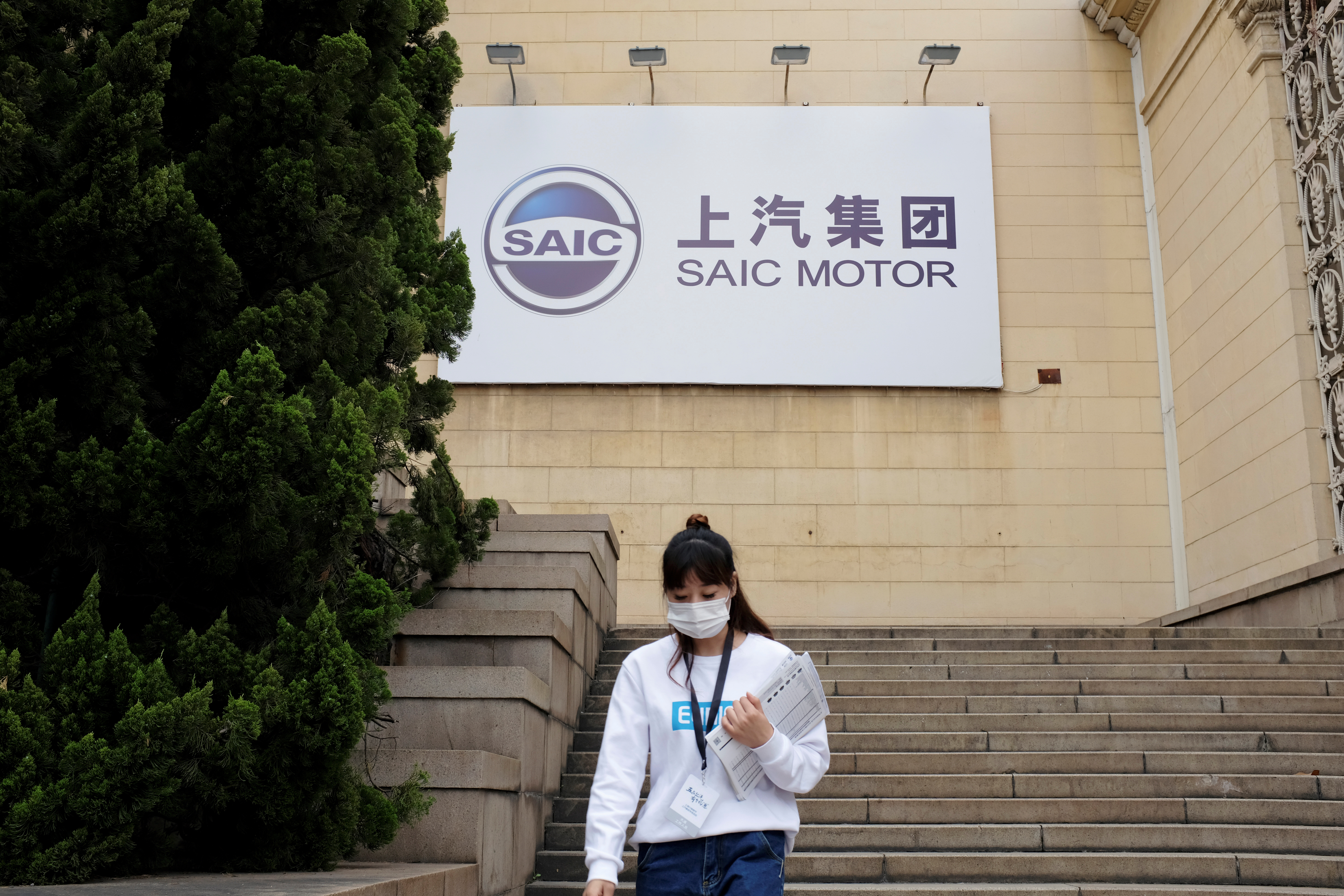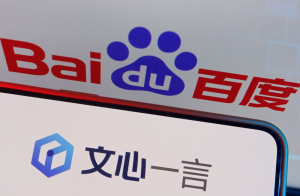(ATF) SAIC Motor and Alibaba Group have jumped on the electric vehicle (EV) bandwagon by teaming up in Shanghai’s Pudong New Area for a 10 billion yuan ($1.5 billion) megaproject to develop premium cars to rival Tesla.
The joint venture will be based in Zhangjiang Hi-tech Park under the brand name Zhiji Auto (“zhiji” means “intelligent self”), according to SAIC.
The partnership aims to brings together more than 60 years of car manufacturing experience at SAIC, Alibaba’s big data and cloud computing technologies, as well as the tech park’s artificial intelligence (AI) and semiconductor resources.
The tie-up comes as Chinese EV startups like Nio, XPeng and Li Auto – and their bigger US rival Tesla – have seen their stocks soar in recent months.
SAIC Motor is likely to own more than 50% of its new joint venture, as it will fund about $821 million of the project’s value, according to a stock exchange filing by the Shanghai-listed company.
Alibaba and the Pudong district government-backed Zhangjiang Hi-tech Park Development Co are minority shareholders.
Zhiji Auto will use customer data to drive research and development, production and marketing. It will integrate new 5G applications such as user-generated content and instant sharing in its product innovation, SAIC Motor said.
The first products from Zhiji Auto will be launched in China, North America and the UK at the same time during the virtual Las Vegas-based Consumer Electronics Show in January 2021, according to Chinese media.
What sets Zhiji Auto apart from the EV arms of traditional state-owned carmakers BAIC Group, Dongfeng Motor, and Guangzhou Automobile Group is its autonomy, Chinese EV news portal d1ev.com said, citing a source close to the situation. It gets to decide its own strategy and positioning, and form an independent management team that will be given 10% ownership of the company.
Modern organisational structure
The organisational structure will be flatter and the management team relatively younger with Jiang Jun, formerly SAIC Motor passenger vehicle vice general manager, to be Zhiji Auto’s chief executive and Liu Tao, formerly Roewe’s director of marketing operations, its chief operating officer.
In addition to executives from SAIC Motor, the core management team will consist of multinational executives with experience in design, intelligence and customer interaction.
“By teaming up with Alibaba, SAIC Motor will have a stronger organisation structure and incentive system. This will help the company attract top-notch talents in the intelligent connectivity field and speed up its transformation into a technology-driven company,” Chen Junbin and Yin Xinchi, automotive sector analysts at CITIC Securities, said in a report.
Alibaba’s ties with SAIC can be traced back to 2015 when they jointly announced a $160 million investment in internet-connected cars. The partners moved on to form a joint venture called Banma (or “Zebra”) and Alibaba has since developed a slew of products for the Zebra platform to enable everything from voice-activated navigation to voice ordering of coffee, which is linked to the Alipay e-wallet.
In 2016, SAIC and Alibaba launched the first “internet car” from their collaboration, the Roewe RX5 sports utility vehicle. It included a new version of Alibaba’s AliOS operating system, formerly known as Yun, to enable the car to tap into various online services.
The SAIC-Alibaba venture is unlikely to be the only luxury EV player in China. Telecom giant Huawei recently allied with state-owned Changan Automobile and Tesla battery supplier Contemporary Amperex Technology to develop a premium ‘smart’ car.























